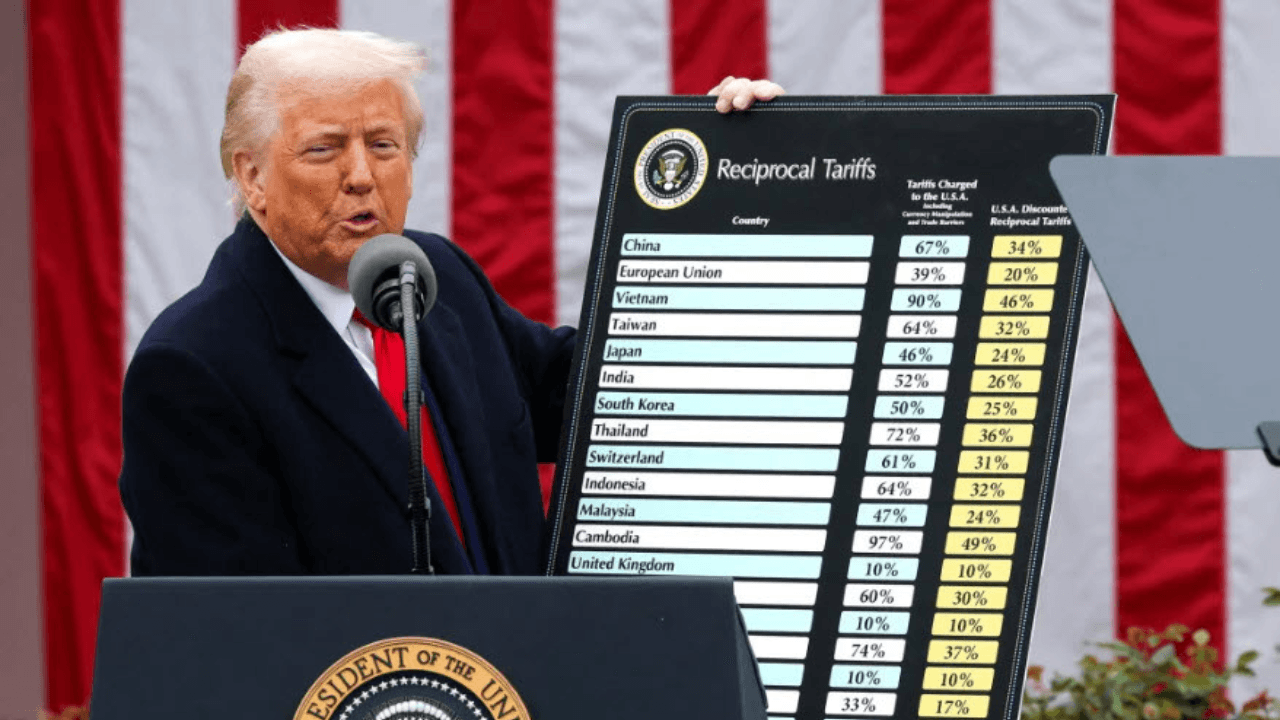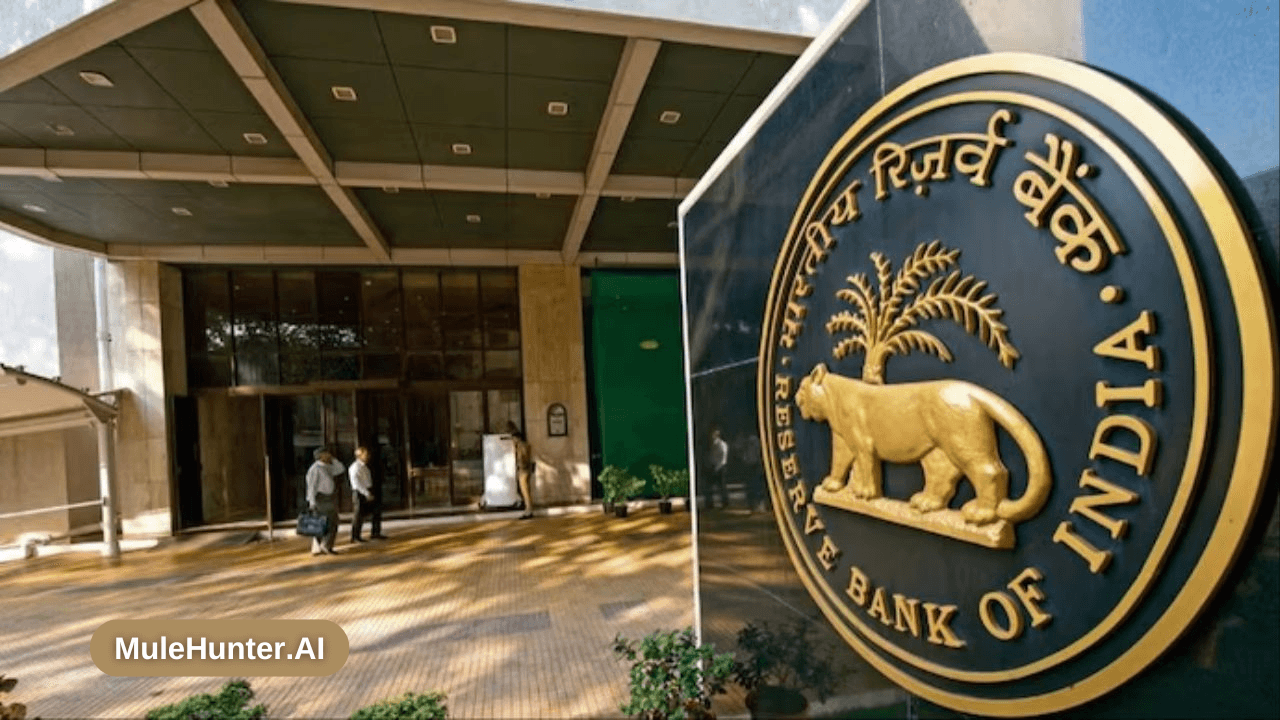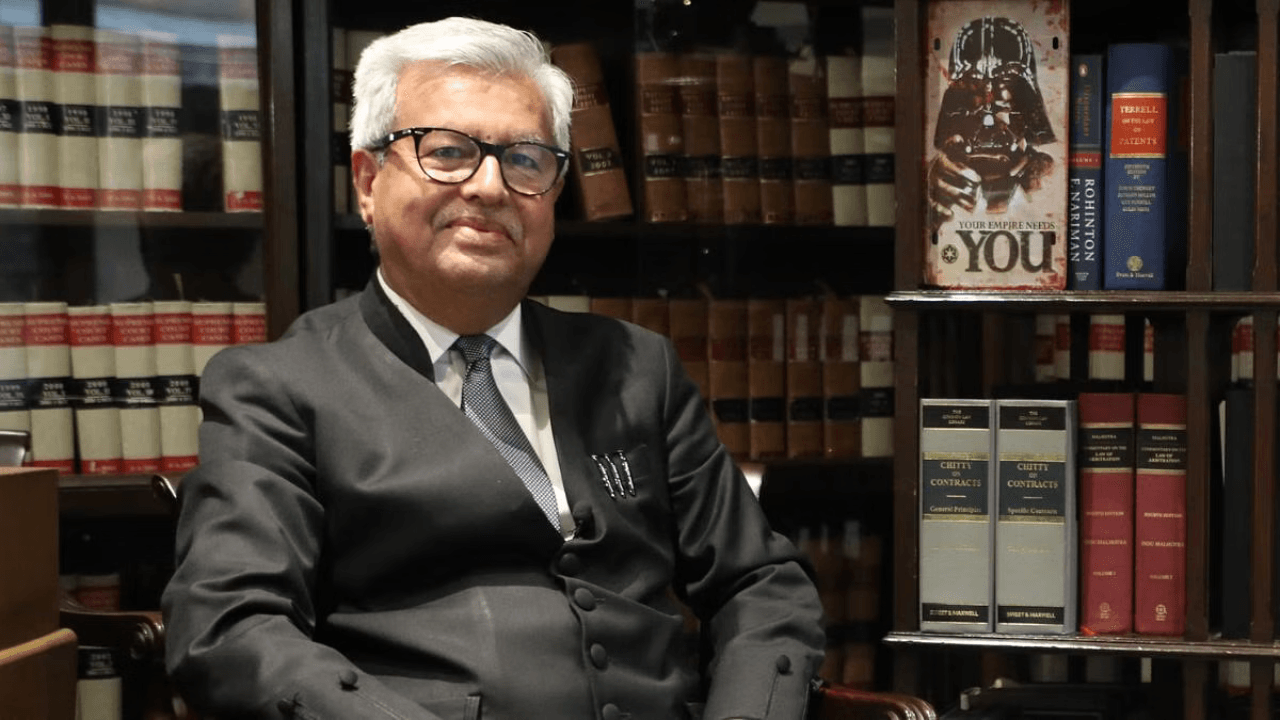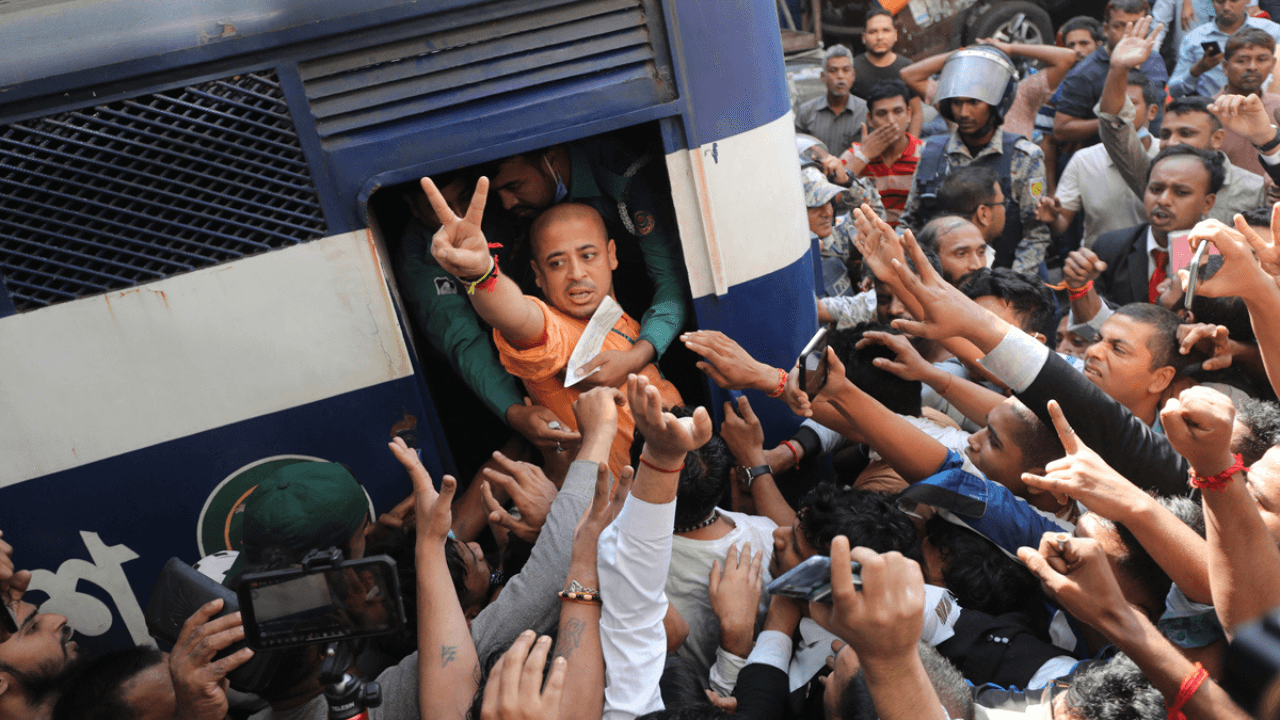In a ruling by Indian origin US District Judge Amit Mehta on August 5, 2024 against Google marked a pivotal moment. Judge Mehta’s declaration that “Google is a monopolist” isn’t just about market competition—it’s a stark reminder of the immense power Google wields over ones digital lives. With control over 89.2% of online searches and 94.9% of smartphone search activity, Google isn’t just a company rather it has become a primary gateway to information.
These numbers surged after 2008– when Google put their footing on developing Android. According to The Associated Press, Mehta’s ruling focused on the billions of dollars Google spends every year to install its search engine as the default option on new mobile phones and tech gadgets. In 2021 alone, Google spent more than $26 billion to lock in those default agreements, Mehta said in his ruling.
The second place search engine, Microsoft’s Bing, sees roughly 6% of all search queries. The sharp rise in 2022; Google reported search+ revenues over $162 billion punctuate market segmentation and its vast landscape. If China didn’t restrict its citizens to use Google over Baidu this number would be different.
Google Search Engine Dominates
Google’s dominance attracted the attention of Antitrust enforcers– the US Department of Justice and nearly every state’s attorney General. In October 2020, the US Department of Justice, Joined by 11 and 38 states respectively ‘US Vs Google’ and ‘state of Colorado Vs Google’ (US Plaintiffs) lodged two separate lawsuits alleging that distribution agreements and certain other conducts violated section 2 of Sherman Acts.
Google has unlawfully used the distribution agreements to thwart competition and maintains its monopoly in the markets for General search services and its various online advertising markets.
US Court’s Proceeding
Court proceedings began in December 2020 and concluded in March 2023, following a 9 week bench trial starting in September 2023. Court verified several testaments, employees and others along with over 3500 exhibits. The US Department of justice took additional two days in early March 2024 to hear closing arguments.
After almost 3 years of court proceedings the US Department of Justice stated that “Google is a monopolist, and it has acted as one to maintain its monopoly. It violated section 2 of the Sherman Act. However, In 1998 started by two Stanford university’s bright minds Larry Page and Sergy Brin. They left school to create Google. What started in a rented Garage is today one of the largest companies.
This Judgment is a major blow to the face of Google during the evolution of IT and tech solutions. Evolution of AI affected the subversion of Google search+ to some extent. As far as the monopolistic nature of Google is concerned– bright minds and innovative ideas with a good leadership make the company one with the largest penetration in the world.
From a cybersecurity standpoint, this level of dominance is deeply concerning. Here’s why:
- Single Point of Failure: With Google controlling such a vast majority of searches, any security breach or manipulation of their algorithms could have catastrophic effects on global information access and integrity.
- Data Concentration: Google’s monopoly allows it to amass an unprecedented amount of user data. While they have strong security measures, this concentration of data presents an attractive target for cybercriminals and state-sponsored hackers.
- Privacy Concerns: The ability to correlate vast amounts of search data with other services like Gmail and Google Maps creates detailed user profiles. This raises significant privacy concerns and increases the potential impact of any data breach.
- Innovation Stifling: Monopolies tend to slow innovation. In the rapidly evolving world of cybersecurity, a diverse ecosystem of companies can only push each other to develop better security solutions.
- Dependency Risks: Our over-reliance on a single entity for critical internet functions creates systemic risks. If Google’s services were to go down or be compromised, the global impact would be severe.
The judge’s ruling, focusing on Google’s practice of paying billions to be the default search engine across devices, highlights how deeply entrenched this monopoly has become. It’s not just about market share; it’s about controlling the very access points to the internet.
As we move forward, it’s crucial that any remedies proposed don’t just address market competition, but also consider the cybersecurity implications. Breaking up Google or forcing changes to its business model must be done carefully to avoid creating new vulnerabilities or disrupting critical services.
This case should serve as a wake-up call not just for regulators, but for everyone in the cybersecurity community. Better advocacy is needed for a more diverse, resilient digital ecosystem that doesn’t rely so heavily on a single player. It’s time to seriously consider how a kind of digital world should be there where security and privacy aren’t at the mercy of a monopoly.
The tech giants have brought incredible innovations, but as this ruling shows, unchecked power in the digital realm is a threat to the very foundations of a secure and open internet.












